The musician had long been an admirer of country music, but in 1962, he became a genre pioneer.
By Katie Quine ● Updated August 13, 2019
When Ray Charles released the first volume of Modern Sounds in Country and Western Music in 1962, he wasn’t thinking about the money it’d make him. The late R&B legend wasn’t even expecting to turn a real profit.
The proof: He relegated his cover of Don Gibson’s “I Can’t Stop Loving You” to the B-side of the record as the second to last track. The forlorn ballad, injected with a soaring chorus and dramatic strings, earned Charles the No. 1 spot on the Billboard Hot 100 chart for five weeks.
“I just wanted to try my hand at hillbilly music,” Charles wrote in Brother Ray: Ray Charles’ Own Story, his 1978 autobiography. “After all, the Grand Ole Opry had been performing inside my head since I was a kid in the country.”
Growing up in rural Georgia, the only nights Charles would be allowed to stay up late were when the Opry was on the radio. In 1983, he earned a spot on it —and got a standing ovation. Country had always been in his soul. And even when record executives warned him that the country album might flop, Charles trusted his gut.

His genre-defying project included masterful interpretations of Hank Williams’ “Hey, Good Lookin’” and Eddy Arnold’s “You Don’t Know Me.” Not only was it one of the best-selling albums by a black musician at the height of the civil rights movement but also one of the top country music albums of the era. Charles brought the genre in front of new audiences in a way that is not lost on country artists even in the 14 years since his death.
“When Ray did ‘I Can't Stop Loving You,’ that was probably the time when country music was heard by more people than ever before,” Country Music Hall of Fame member Willie Nelson said in a 2006 Tennessean interview. “He kicked country music forward 50 years. Before him, a lot of people had probably never heard of songs by Don Gibson or Hank Williams.”
His influence didn’t end with Modern Sounds in Country and Western Music. He released a second volume of the album after popular demand, which included tracks like “You Are My Sunshine” and “Your Cheating Heart.” In 1984, his collaborative album Friendship featured duets with the genre’s biggest names, many of whom had been clamoring to record with “The Genius.” Opry members Ricky Skaggs and The Oak Ridge Boys each cut songs with Charles along with Nelson, Johnny Cash, and Merle Haggard among others.
“To me, it was almost like being around my grandpa,” Skaggs said of the honor in the same Tennessean article by writer Tim Ghianni. “He wanted to get in touch with the inside of you, not just the outside. Ray had a deep sense of seeing. He could see stuff you couldn’t see.”
The Grand Ole Opry honored Charles in a 2019 television special dedicated to his artistry and global influence. “An Opry Salute to Ray Charles” featured Chris Young, Boyz II Men, Travis Tritt, LeAnn Rimes, Cam, Brett Eldredge, Leela James, and more. Opry member Darius Rucker hosted the show, which appeared in syndication on public television stations across the country.
“When you think of musical legends, you think of Ray Charles,” Rucker says. “To host this great event celebrating his legacy at the Opry makes it even more special.”
,
Stay In Touch
It's our biggest year yet! Don't miss any Opry 100 announcements, events, and exclusive offers for fans like you. Sign up now!






